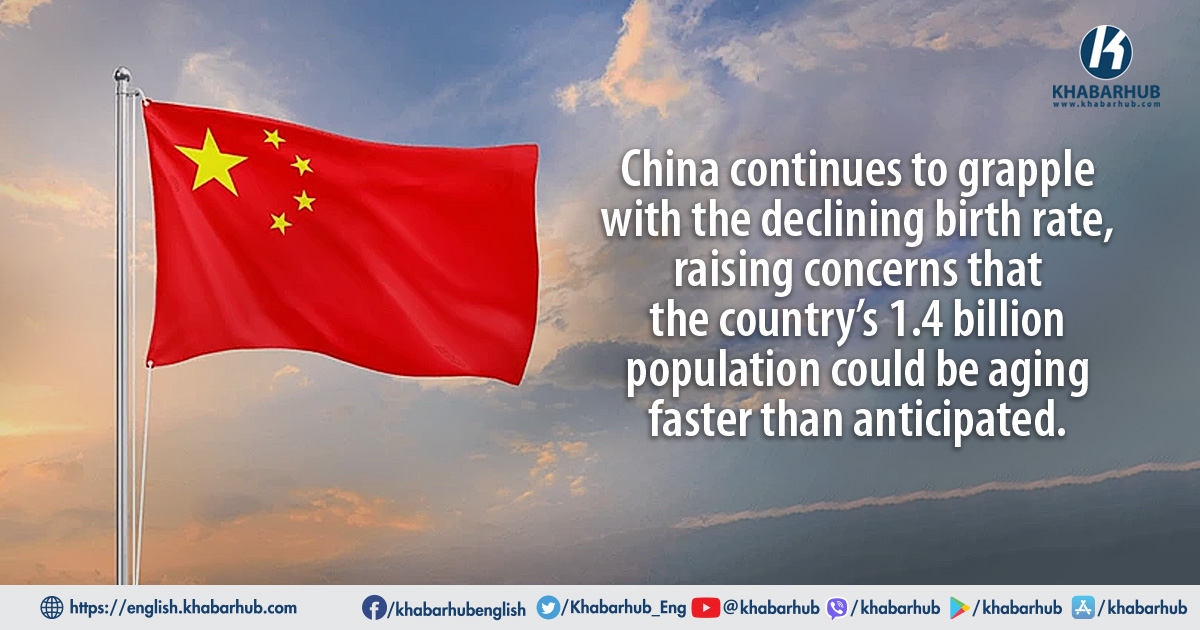China continues to face challenges in managing societal trends on marriage and divorce among millennium youth.
Although, it ended nine-year long streak of declining marriage registrations last year as the country witnessed 7.68 million youth entering in wedlock, up 845,000 from the previous year, it also saw 2.59 million couples registering for uncontested divorces in 2023, up from 2.1 million in 2022, revealed latest data from the country’s Ministry of Civil Affairs.
In 2022, there were 2.1 million uncontested divorces, while there were an additional 7,79,000 contested divorces-those which need to be handled by the courts, owing to the objection from spouses, as per the China’s Ministry of Civil Affairs.
The Ministry said there was a total of 2.879 million divorce proceedings in 2022, up 1.4 % from 2021.
In most of divorce cases in China, women are plaintiffs and emotional discord has been listed as the primary reason, while domestic violence has been listed as the secondary reason for breaking of marriages among couples.
In 2016 and 2017, more than 73% of plaintiffs in divorce cases were women. Among more than 1.4 million divorce cases registered, 77.5% divorces were due to emotional discord while domestic violence accounted for 14.9% divorces.
In 2020, there was an uptick in this trend. In this year the average age of men getting married rose to above 29 years, while the age for women getting married rose to above 27 years.
In 2021, China brought out a “cooling-off period” to reduce the chances of divorce among couples, asking them to give love another chance; while extending the time of separation process in the hope of giving them an opportunity to change their minds.
But this tool to dissuade couples from hastily or impulsively resorting to divorce appears to have failed to work as a solution to the problem of increasing number of termination of marital union among couples in China.
It is all happening at the time when the country is struggling with declining birth rate, which fell for a second consecutive year in 2023.
Reluctance among youth for marriage and having kids is cited as one of the reasons for the desperate situation on the population front in the country. Some provinces of China went to the extent of incentivising marriage among youth.
For example, in August 2023, Zhejiang province’s Shaoxing city announced a cash reward of 1,000 yuan (US$138) to newlyweds if the bride is aged 25 or younger.
Several other local governments also announced various measures to encourage newlyweds, including extended marriage leaves, maternity and health insurance, housing supply and tax subsidies.
Provinces like Shaanxi and Guangdong announced offering rewards from 600 to 1,000 yuan (US$84 to US$140) to those who broker a marriage between woman and man aged between 30 and 45, according to The Paper, a Chinese news site.
These measures were aimed to boost the number of marriage registrations in the country where a large number of youth still prefer to stay single.
An increasing number of well-educated and high salaried urban residents in China are abhorring marriages and having kids as the cost of living is high and working hours are too long in the country.
This inclination is particularly very high among youth of ages between 20 and 30.
In October 2021, a survey conducted by the Communist Youth League of 2,905 unwed urban people, aged between 18 to 26, found that 43.9% of women had no intention of getting married or were unsure if it would happen, while 24.6% of male wished to remain single.
In order to reverse this trend, the government-backed China Family Planning Association launched a pilot programme in 2022 advocating “a new concept of marriage and childbearing.”
This programme rolled out in several Chinese cities which focused on motivating young people to get married at proper age.
Data from 2020 and 2010 censuses of China showed that young Chinese preferred marrying late.
According to the National Bureau of Statistics, the total number of people in China declined by 2.08 million or 0.15% to 1.409 billion in 2023.
While the average age of youth getting married, particularly from urban areas in 2010, were above 25 years for men and 24 years for women.
In 2020, there was an uptick in this trend. In this year the average age of men getting married rose to above 29 years, while the age for women getting married rose to above 27 years.
However, there has been no change in attitude towards delayed marriage among youth living in cities like Beijing, Shanghai, Guangzhou, Wuhan, and Chongqing.
Yet China continues to grapple with the declining birth rate, raising concerns that the country’s 1.4 billion population could be ageing faster than anticipated.
Its population fell for a second consecutive year in 2023.
According to the National Bureau of Statistics, the total number of people in China declined by 2.08 million or 0.15% to 1.409 billion in 2023.
This was above the population decline of 850,000 in 2022, which had been the first since 1961.









Comment